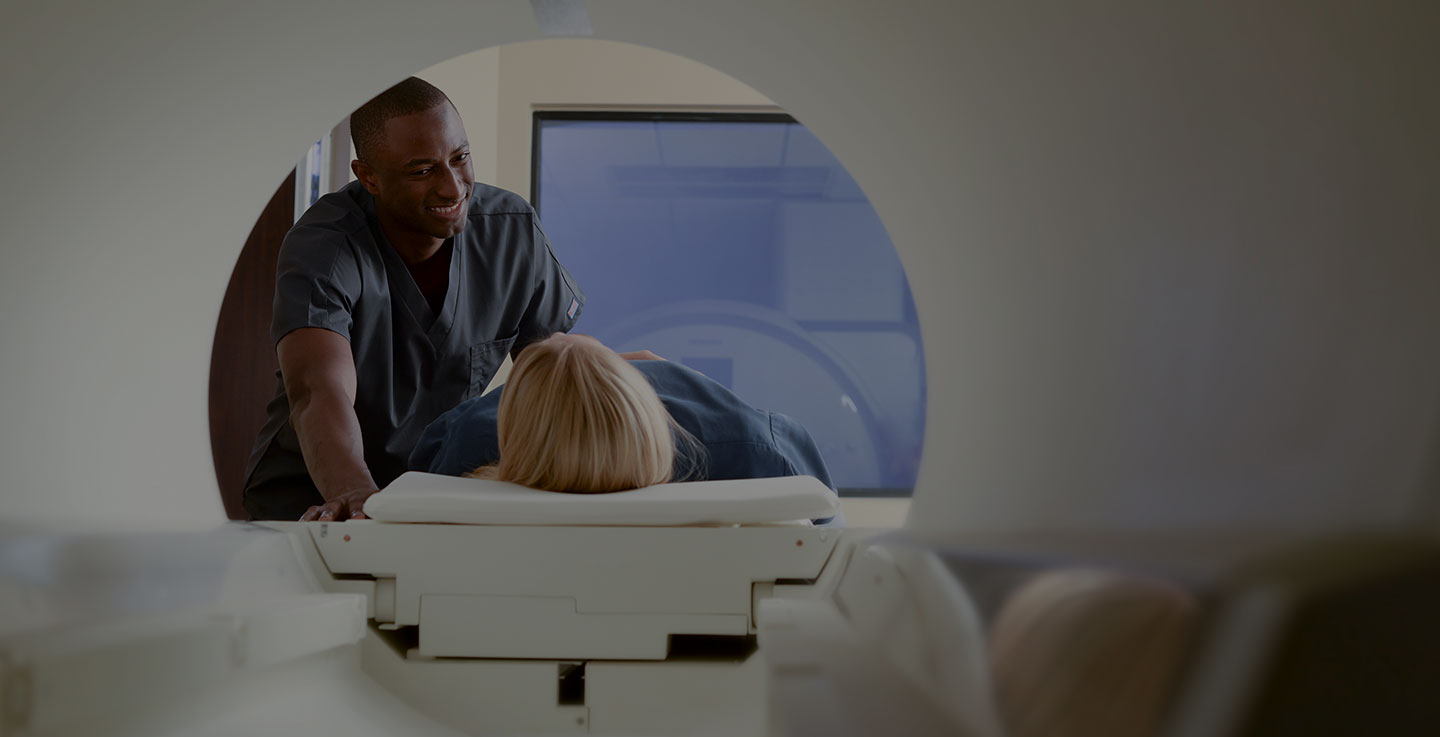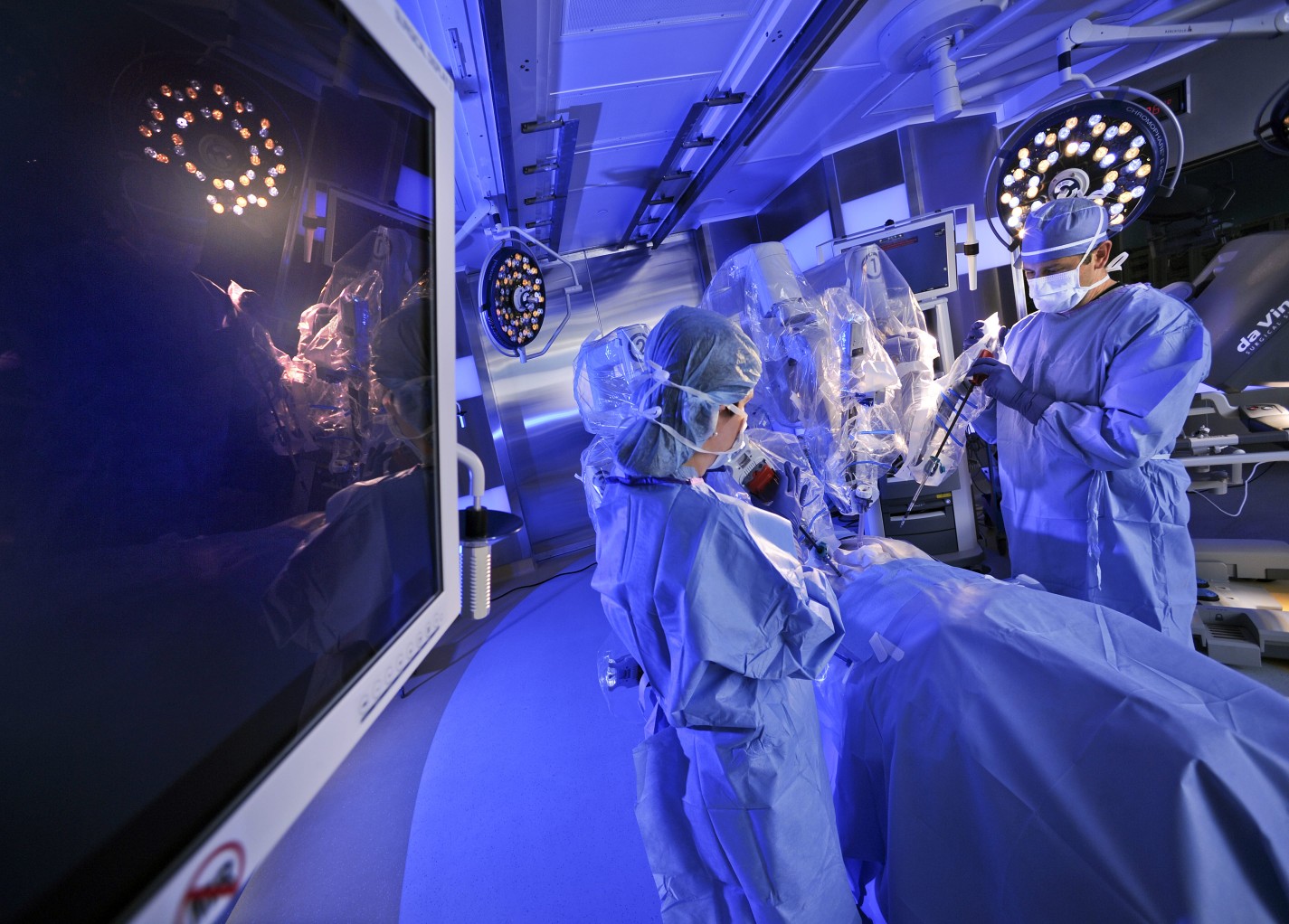
Imaging That Sees It All, So We Can Treat It All
When it comes to our medical imaging services, we arm your medical team with some of the sharpest, clearest, and fastest technology in CT Scans, MRIs, PET-CTs, and beyond.

When it comes to our medical imaging services, we arm your medical team with some of the sharpest, clearest, and fastest technology in CT Scans, MRIs, PET-CTs, and beyond.
You’re here to get definitive answers. We’re here to make the process smoother and more comfortable with non- and minimally-invasive imaging procedures. Before your test, we’ll work with you so you know what to expect and how to prepare. Our compassionate nurses will start by asking about any illnesses, allergies, medical implants, and medications. Each test is different, so it’s possible you may be asked to fast or take a laxative for clearer, more effective pictures. On the day of your appointment, please wear loose clothing and leave your jewelry at home.
You may be given a hospital gown to wear throughout your testing experience. To highlight certain areas on screen, you might receive an IV or be asked to drink a “contrasting” liquid. Many tests use big machinery that makes noise, so if you’re claustrophobic or feel uncomfortable, let us know and we’ll do our best to help you feel at ease. Know that most tests are painless and take under an hour. And afterward, your medical team will know more — and be better able to guide you back to wellness.
There’s something new to celebrate every day at the AdventHealth, formerly Florida Hospital, Cancer Institute, whether it’s a groundbreaking clinical trial, an inspiring patient story, or an upcoming community event.
More News
Depending on your diagnosis, surgery may be a promising step toward your path to recovery. Our surgical oncologists have access to some of the most advanced surgical technology in the country, including minimally-invasive procedures, for removing tumors.
Learn More
Using a combination of specialized drugs, chemotherapy has the power to destroy or slow down the growth of cancer cells in every part of your body. Depending on your diagnosis, it may play an essential role in successfully treating your cancer.
Learn More
While radiation therapy is one of the most common treatments for cancer, we do it with uncommon expertise, guidance and compassion. Using the same energy as X-rays, radiation therapy targets specific areas of the body, shrinking tumors and killing cancer cells by damaging their DNA.
Learn More